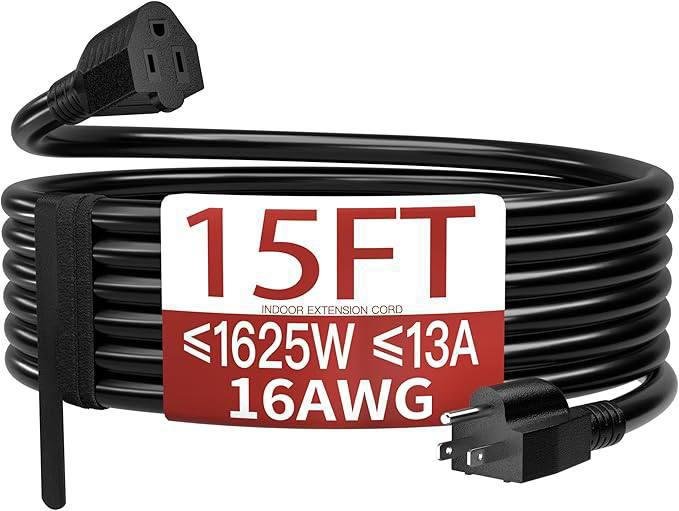Introduction
Managing money can feel overwhelming at times — yet with the right approach, it becomes much simpler. Budgeting isn’t about cutting every joy out of your life; it’s about giving yourself control and clarity. By taking small, steady steps toward financial awareness, you can transform money worries into confidence and peace of mind.
What Budgeting Really Means
A budget is more than just a spreadsheet or a list of expenses — it’s a strategy that helps you direct your income purposefully. It’s like setting up a roadmap for your finances: you know where you are, where you want to go, and how to get there without losing track.
When done right, budgeting helps you save more, spend wisely, and live without constant financial stress.
Why Setting Financial Goals Matters
Before creating your budget, identify your reasons for saving and spending. Clear goals give your budget direction and meaning.
Short-Term vs. Long-Term Goals
– Short-term goals: Paying off small debts, building an emergency fund, or saving for a holiday.
– Long-term goals: Planning for retirement, purchasing a home, or launching your dream business.
Having well-defined targets helps you stay committed even when temptation strikes.
Tracking Your Money Flow
If you don’t know where your money goes, you’ll never be in control of it. Start by monitoring your income and every expense — no matter how small.
Break Down Your Spending
Organize your expenses into groups like housing, food, transport, entertainment, and savings. This makes it easier to pinpoint overspending and find opportunities to save more.
Building a Practical Budget
Creating a realistic budget is key to making it work. Avoid being overly strict — that usually leads to frustration. Instead, plan for essentials, savings, and a bit of enjoyment too.
Distinguishing Between Needs and Wants
Before each purchase, pause and ask yourself, “Is this something I need right now, or just something I’d like to have?”
That one question can stop unnecessary spending and keep your budget balanced.
Mastering the 50/30/20 Rule
One of the easiest methods for managing money is the 50/30/20 rule:
– 50% for must-haves (rent, food, utilities)
– 30% for lifestyle choices (entertainment, hobbies, treats)
– 20% for savings or debt repayments
It’s flexible — adjust it to fit your income, goals, and lifestyle.
Helpful Budgeting Tools and Apps
Budgeting is far easier with digital help. Apps like Mint, YNAB (You Need a Budget), or Goodbudget automate tracking, show spending patterns, and remind you when bills are due.
Technology simplifies the process so you can focus on your goals instead of doing manual math.
Eliminating Hidden Spending
We all have small expenses that sneak up on us — subscriptions we forgot about, takeout orders, or random online buys.
Cut Back Smartly
– Cancel or pause unused memberships.
– Brew coffee at home.
– Wait 24 hours before purchasing non-essentials.
Small habits like these can free up surprising amounts of money each month.
Creating an Emergency Cushion
Life is unpredictable — and an emergency fund acts as your safety net.
How Much Should You Save?
Start with a goal of covering at least three to six months of expenses. If that feels too big, begin small — even $10 or $20 a week counts. Over time, your fund will grow, and so will your sense of security.
Handling Debt the Smart Way
Not all debt is harmful, but it needs to be managed carefully. Student loans or mortgages can be beneficial if they lead to long-term value, but credit card debt can quickly spiral.
Debt Repayment Techniques
– Snowball Method: Pay off the smallest balances first for quick motivation.
– Avalanche Method: Focus on debts with the highest interest rates to save more money overall.
Choose whichever keeps you motivated to stay consistent.
Saving and Growing Your Money
Saving is about building a foundation, while investing is about growth. Both are essential. Even small, regular contributions to a savings or investment account can build wealth over time thanks to compounding.
Think of saving as watering your future — the earlier and more often you do it, the more it blossoms.
Becoming a Mindful Spender
It’s easy to fall into impulse spending, especially with one-click shopping. Combat that by practicing mindful spending: only buy what truly adds value to your life.
Use discounts wisely, compare prices, and plan purchases around sales seasons — but avoid buying something just because it’s “on sale.”
Budgeting as a Family Habit
Money shouldn’t be a secret in the household. When families plan together, everyone learns responsibility.
Teach the Next Generation
Encourage kids to save from their pocket money or set small goals. These early lessons help them develop lifelong financial wisdom.
Staying Focused and Inspired
Budgeting takes discipline, but it doesn’t have to feel like a chore. Review your progress monthly, adjust where needed, and celebrate your wins — even small ones count.
The goal isn’t perfection, but progress. Over time, staying consistent becomes second nature.
Conclusion
Budgeting gives you freedom, not restriction. It helps you live confidently, knowing your money is under control. By tracking expenses, setting realistic goals, and saving intentionally, you can enjoy peace of mind and a financially secure future.
Start small today — your future self will be grateful.
FAQs
1. How can I create a budget that works for me?
List all income and expenses, identify priorities, and adjust regularly to match real-life needs.
2. Is it possible to budget effectively on a low income?
Absolutely. Focus on essentials, track every penny, and aim to save even small amounts consistently.
3. What’s the best way to stay motivated while budgeting?
Set short-term rewards, celebrate progress, and visualize your long-term goals.
4. Should I focus on saving or paying off debt first?
Do both — build a small emergency fund first, then focus on reducing high-interest debt.
5. How often should I review my budget?
Once a month is ideal. Regular reviews keep you aligned with your goals and lifestyle changes.












